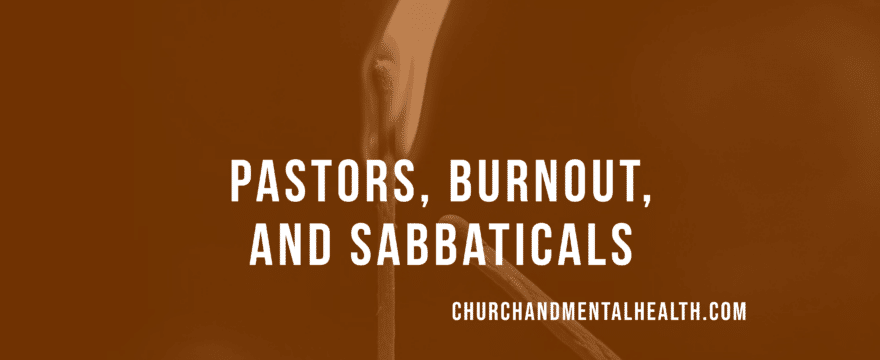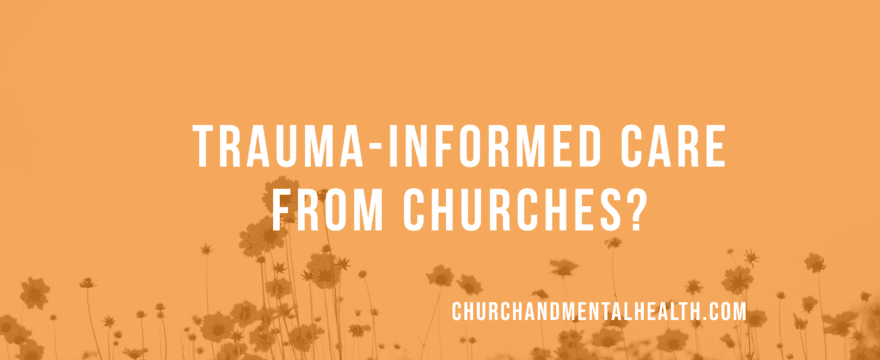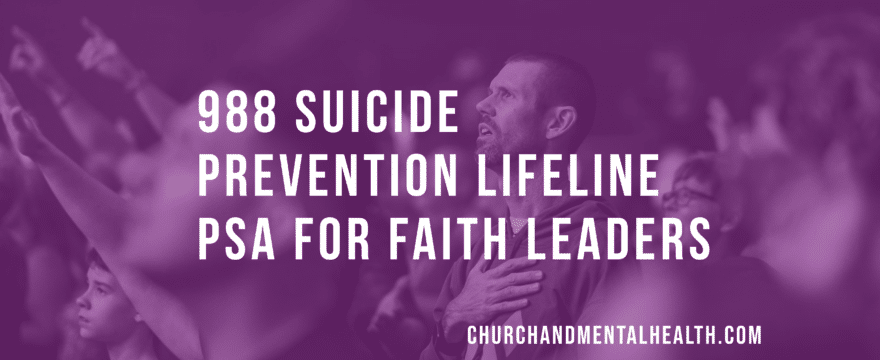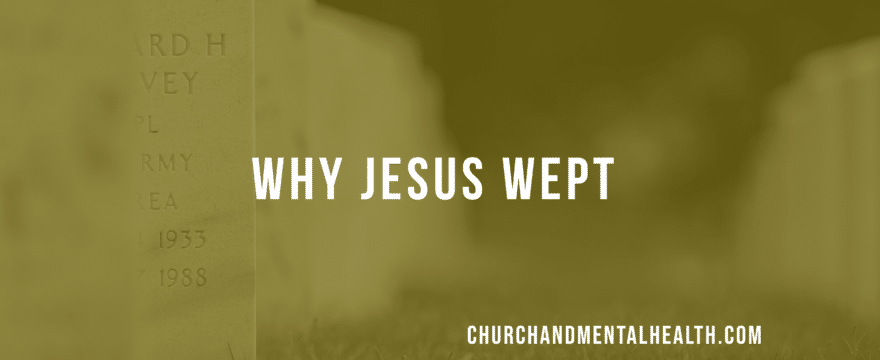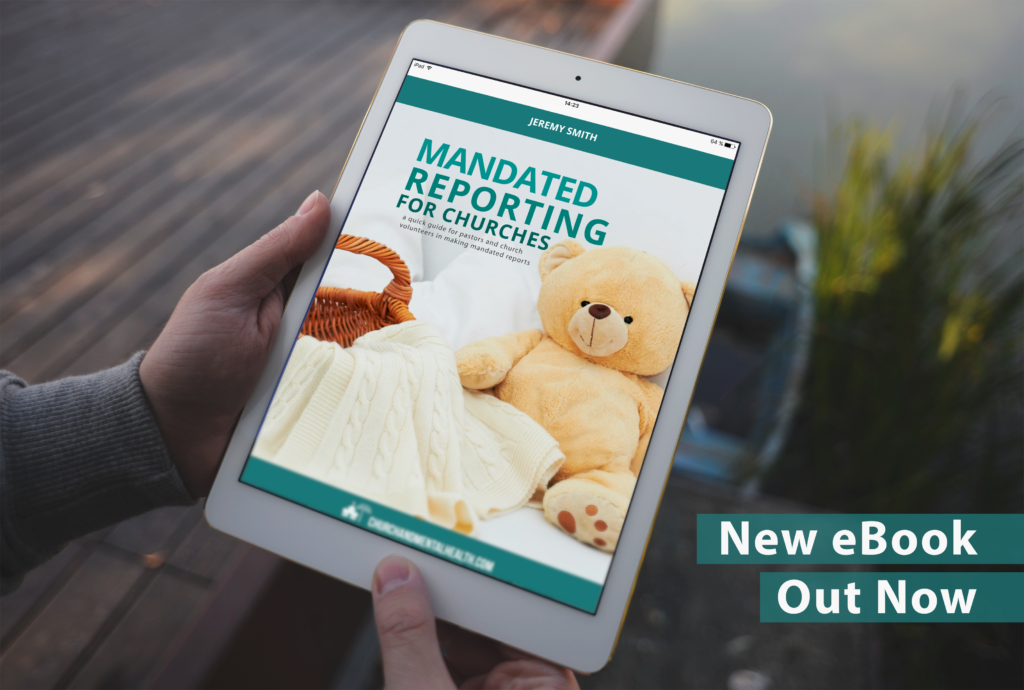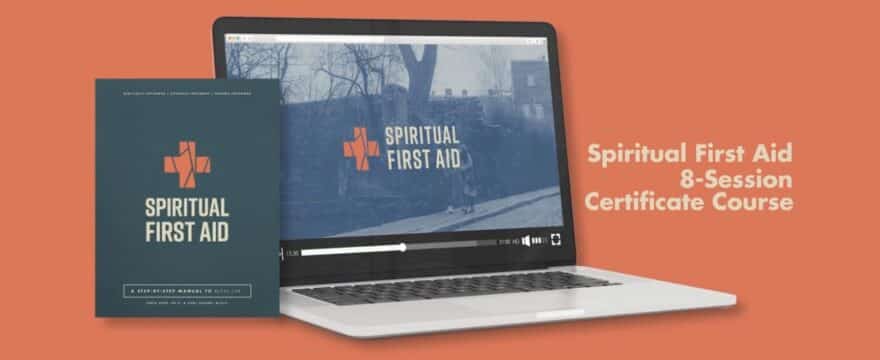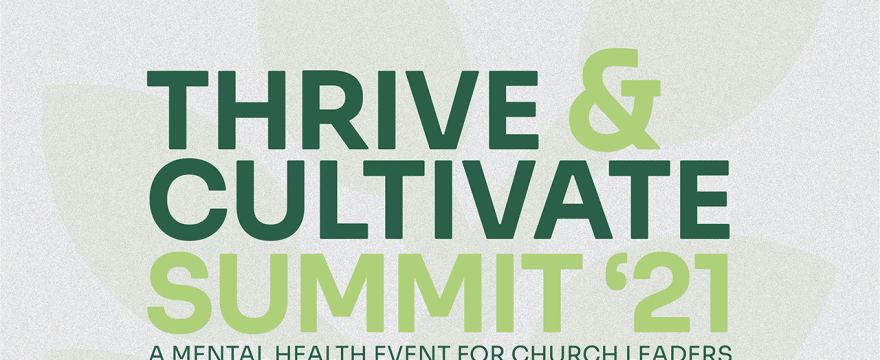Pastor burnout is a thing. We’ve talked about it quite a few times here. But it’s a topic that will need to be talked about routinely for a long while. Want evidence of the need? Check out the newest data collected by Barna Group in the State of Pastors, Volume 2, which has seen some stark negative and positive changes in recent years concerning work satisfaction and personal stability for pastors. Here are some of the highlights to coincide with our point:
[Read more…] about Pastors, Burnout, and Some HopeTrauma-Informed Care from Churches?
As Christian leaders, pastors hold a profound responsibility to nurture and care for the spiritual well-being of their congregations. I do not think it is a large leap that many churches then take partial responsibility for the emotional and cognitive well-being of the congregation as well, though we know there is a difference in the role of the pastor and a counselor.
In today’s world, where many individuals carry the invisible scars of trauma, churches must become places of healing and restoration. We see that Christ Himself is our high tower (Psalms 144:2), this fortress (Samuel 2 22:2), and a source of strength (2 Timothy 4:17-18) Adopting a trauma-informed approach is not just a trend; it’s a reflection of Christ’s compassionate ministry to the brokenhearted.
[Read more…] about Trauma-Informed Care from Churches?988 Suicide Prevention Lifeline PSA for Faith Leaders
Last year, we shared about the new national US number for suicide prevention, 988, that an individual can call or text any time, any day. I’d encourage you to check it out because they have free resources for your counseling agency or ministry to share with individuals and post in your community or building so people know about the always available number. However, the US Department of Health and Human Services Partnership Center is doing more to promote 988 within faith communities with public service announcements.
[Read more…] about 988 Suicide Prevention Lifeline PSA for Faith LeadersWhy Jesus Wept
As a Christian counselor, I have found myself in many stories with clients that included the loss of a spouse or child, a victim of domestic violence, the agony of a dream or future that would never come to be, and the tears of redemption, hope, grace, and peace. I have had my fair share of tears in counseling and so this verse, John 11:35, interests me a lot. It starts with who Jesus is, fully God and fully man.
The topic of Jesus being fully God and fully man is a theological concept that is easy to say, hard to understand, and a nearly endless deepness to learn from. The concept is that Jesus who is part of the trinity of God as the Son, came to Earth as a living sacrifice for our sins. But Jesus’ death without a life in this world that is blameless would not do and so we can find comfort in understanding Jesus has been where we currently are.
[Read more…] about Why Jesus WeptMandatory Reporting for Churches [eBook]
Back in June, my church started up an intentional prayer team ministry that happens after the sermon while worship is still going on. The thought was we have many prayer needs and a place in the lobby called Next Steps for people to pray, but in the hustle of getting kids from nursery, saying goodbye to church friends, and off to the local diner for Sunday lunch, we were missing a lot of time to pray with people. So we kicked off the initiative with a training and recently launched.
But the pastors were very mindful of what we were offering. They asked me to talk about mandatory reporting for our volunteers that joined the prayer ministry. I wanted to come prepared and attempted to research some good curriculum and resources. What I found for churches was very, very little. What I did find cost a lot of money or was a decade old.
[Read more…] about Mandatory Reporting for Churches [eBook]Spiritual First Aid
Mental health has always been a stigmatized thing within the Church, but the last decade has started to see some significant changes. One question I get asked a lot is how to educate people and that led to my sharing what my church has been doing to break the stigma of mental illness, with a new post every year on how we are further developing it. I also did a short video on this talking about several strategies your church could do right away and a separate list of 10 free ways to stop stigma.
But having an on-demand option is nice. Imagine you have a new hire at your church or volunteer that signed up and you want them to get some training? Maybe you need to do a quick refresher after a critical incident happened and noticed some flaws in the response. In my opinion, this is where Spiritual First Aid comes in.
This site is a 6-session certificate course that teaches peer-to-peer spiritual and emotional care and trauma-informed best practices. It is not my first or second option, but should absolutely be used at some capacity in your church process with training.
Having gone through the first course and seen the overview of the curriculum, I highly endorse it. If you go visit the website linked above, they currently are offering for free Session 1 and download practical tools for responding to spiritual and emotional needs that include a BLESS CPR quick-reference, basic overview of trauma, 12 self-aid resilience practices, and 20 encouraging verses.
What Is BLESS CPR?
Here’s the website’s description:
Similar to medical first aid which provides temporary help, Spiritual First Aid’s BLESS CPR step-by-step helping framework will help you master small actions that make a big difference. Learn how to holistically respond to struggles such as anxiety, depression, substance abuse, work problems, and relationship issues. Be equipped to walk alongside others through trauma caused by grief, abuse, violence, and disasters.
If that’s not enough, if you sign up for their newsletter, every week I feel like I’m getting a high grade eBook for free to download that every church should have. So go check out the website now, at least view the free video and download the freebies, and see if this is a resource you could use.
(Note: All outside links on this article are affiliate and so any of your purchases, we do receive some compensation.)
An Introduction for Churches on Mental Health
Helping churches understand mental health is a process. It can start from the beginning when people do not understand mental health, other than “people get sad sometimes.” It can also be very easy because many congregation members and pastors already have a grasp on mental illness and substance use as they have seen it in their community and congregation. Sometimes it can be difficult due to the Christian stigma that creates more barriers for Christians struggling with mental illness than secular people.
[Read more…] about An Introduction for Churches on Mental HealthThe Battle Within [Church Series]
I can officially say that we have an annual tradition of highlighting my church’s push for better mental health awareness in the month of May as this is the fourth year running. (If you want to see some of the things we have done in the past, check out these previous articles here, here, and here) This year’s events are going to be a little more involved, here is what we have listed.
Sermon Series
Our lead pastor is doing a series titled “The Battle Within” that looks at our reliance on God, the world, and the pain that comes from this broken world. It’s a six week series about the battle within that we have and need to look towards God to win. Our pastoral staff have been amazing at integrating mental health conversation from the pulpit, whether this very intentional sermon series, our worship leader encouraging others to sing praise even when depressed, or the pastoral care pastor leading prayer for those who have been traumatized or struggling with mental illness. (The church will be uploading the sermon soon and you can check back later here to watch them)
They also have a fun bumper to go with it.
Devotional Study Guide
The leadership also wanted to have a 6 week devotional with the series and features four different clinical counselors being given a week of devotionals to write. If you want to check it out, you can download it free here. Honestly, it’s worth it to read through it, even if you do not plan to follow the series.
Video Testimonials
We have video recorded people who have lived experience who were willing to do a series of questions for social media (filmed vertically) on their own lived experience. We asked a bunch of questions about their mental health journey that ran a spectrum of experiences and how their faith integrated into it as well as challenges they experienced as Christians. The interviews were honest and we are excited to see how they will be used. The hope is these messages bring greater awareness and break down the stigma of mental health for Christians.
Resource Table
We have always had a resource table for those who want to know more about mental health and recovery. So we will have our usual resources from our local NAMI chapter, our local recovery board, and a one-sheet page that lists contacts and information on in-county counseling agencies. But this year we had counselors write a one-page sheet specifically for our congregation on topics about marriage, grief, general mental health awareness, and anxiety for them to read about. The hope is a personal touch may be even more impactful. We are also going to try a different approach by leaving it unmanned this year to see if people may be less shy about accessing the resources.
Even More
There is still more we are doing for the church community to come that is being planned.
- Our church has a podcast series called Deeper and we plan to do a one off where I sit down with the pastor and just have an honest conversation between pastor and counselor about faith and mental health.
- I will be doing a clinical Continuing Educational Units for counselors who are required to do ongoing educational on the topic of Faith and Mental Health, discussing with professionals the ethics to be aware of and then specifically Christian integration and resources out there.
- I am planning to be part of our church’s retreat where the pastors take a few days for themselves to reconnect, refuel, and simply be. My time there will be for a couple of hours in front of everyone to talk about mental health, specifically for their needs as pastors and church leadership.
- We’ve done a women’s conference last year called Soul Scan that is going to be even bigger this year and significantly incorporates women’s mental health.
Like I said, this year is a bit more and it’s required more planning, but I am excited to see the fruit of this work. I would love to hear in the comments what your church is doing for May’s mental health awareness month.
Acts of God – Small Group Curriculum [Review]
I have been disheartened to see many small group curricula give pat “Sunday School answers” as to why bad things happen to good people. Trauma, like life in general, doesn’t always have cookie-cutter explanations, even for Christians. When the rubber meets the road, and the worst imaginable happens, simply reading Scripture verses doesn’t always immediately heal the broken hearted, even for the most disciplined Believer.
[Read more…] about Acts of God – Small Group Curriculum [Review]How Churches and Christian Counselors Connect [Video]
This video is from the 2021 Thrive & Cultivate conference, their first year of bringing pastors and church leaders to the table to hear and learn more about mental health. This topic shares how pastors who are working with individuals or families that need more clinical care can make referrals to a counselor. Further, as Christian counselors, it is our job to connect clients who want more support within their faith with Christians, pastors, and ministries that can support our clients.
If you want to sign up for the Thrive & Cultivate All-Access pass to see all of the videos from 2021 & 2022, click our affiliate link here.
